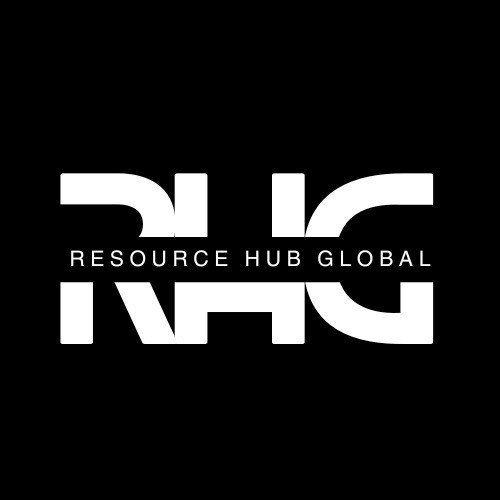McKinsey & Company’s groundbreaking report has thrown the spotlight on digital procurement solutions, including AI, showcasing their power to turbocharge transaction speeds by up to 40% and slash operational costs dramatically. Gartner’s findings echo this sentiment, revealing that a whopping 65% of procurement leaders are betting big on AI to sharpen their efficiency and decision-making prowess. This wealth of evidence paints a clear picture: AI is not just enhancing procurement; it’s elevating it to a strategic powerhouse, contributing significantly to the financial bottom line.
Reinventing procurement with AI: A symphony of optimization and innovation
The strategic embrace of artificial intelligence in procurement is not just transforming the field—it’s rewriting the rulebook, heralding a golden age of optimization and innovation. AI is enabling businesses to refine their supplier selection processes with unprecedented precision, turning data-driven decision-making from a lofty goal into reality. But AI’s influence stretches far beyond supplier selection, weaving a deeper layer of strategic integration into the fabric of supply chain management.
Enter AI-powered chatbots, the unsung heroes revolutionizing mundane procurement tasks and supercharging operational efficiency and employee productivity. By taking over the tedious, repetitive chores, these digital assistants are freeing up procurement professionals to zero in on strategic decision-making and high-impact activities. This strategic pivot is not just streamlining operations but aligning procurement strategies more closely with overarching business ambitions.
Moreover, AI is becoming an indispensable ally in risk management and predictive analytics, empowering organizations to stay one step ahead of market shifts and fine-tune their procurement strategies with foresight. Its ability to sift through mountains of data and flag potential supply chain disruptions before they strike is a game-changer, minimizing downtime and fortifying supply chain resilience. Additionally, AI’s knack for enhancing stakeholder relationships and finessing negotiation outcomes through advanced data analysis and pattern recognition is transforming negotiations, leading to more advantageous terms, cost savings, and robust partnerships.
Navigating the AI procurement landscape: Tackling challenges head-on
But the road to AI integration in procurement is not without its hurdles. Data privacy stands as a towering challenge, with AI’s integration raising pressing questions about security and compliance. The complexity of melding AI with existing procurement systems and processes adds another layer of challenge, demanding meticulous planning to sidestep potential pitfalls. The scarcity of skilled professionals adept at navigating AI’s intricacies exacerbates the situation, highlighting a glaring skills gap in the market.
Ethical dilemmas, from job displacement concerns as AI takes over routine tasks to the pressing need for algorithmic transparency, are putting companies to the test. These challenges underscore the imperative for a strategic, ethical approach to AI integration in procurement, emphasizing the need for robust data privacy, security measures, and a commitment to workforce development.
The future state of AI in procurement: A vision of intelligent strategy and growth
As we cast our gaze into the future, the role of AI in procurement stands on the cusp of a monumental transformation. The relentless march of AI technology promises to unlock capabilities in predictive analytics, risk management, and supplier relationship management that were once the stuff of science fiction, significantly amplifying the strategic value of procurement functions.
This isn’t mere speculation; it’s a vision grounded in solid expectations. Deloitte’s survey reveals that 64% of procurement leaders are confident that AI will revolutionize their operations within the next five years, heralding a shift toward more agile, informed, and value-driven procurement processes. This journey toward AI-driven procurement strategies is not just about automation; it’s about harnessing AI to fuel business growth, sustainability, and strategic depth in supply chain management, setting the stage for an era where AI is at the heart of procurement, driving strategic decision-making and operational excellence.


